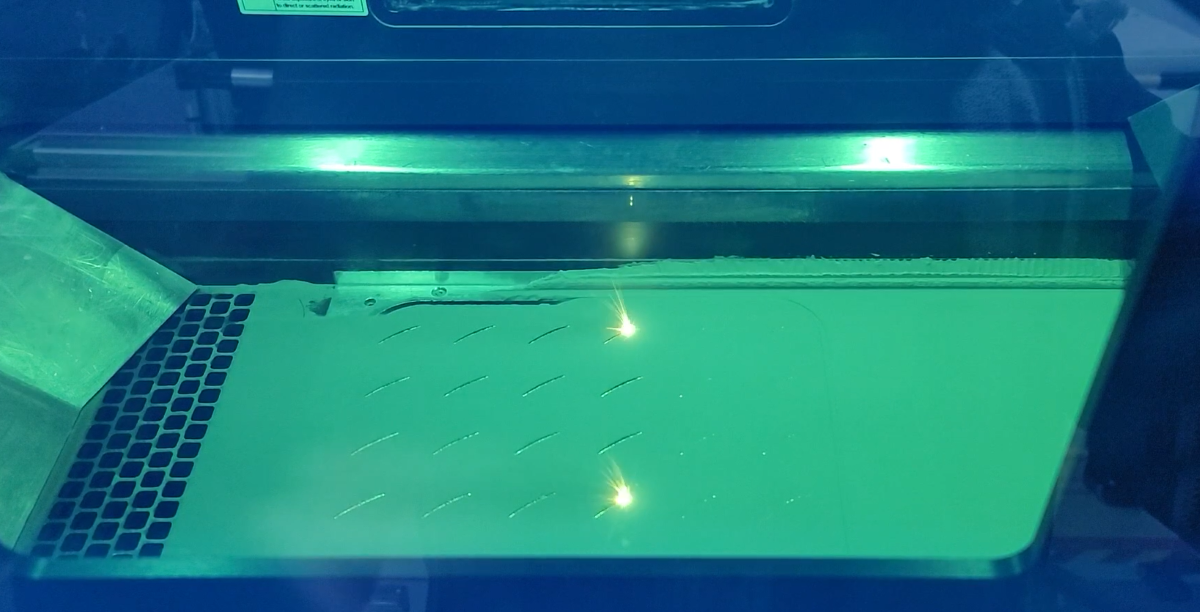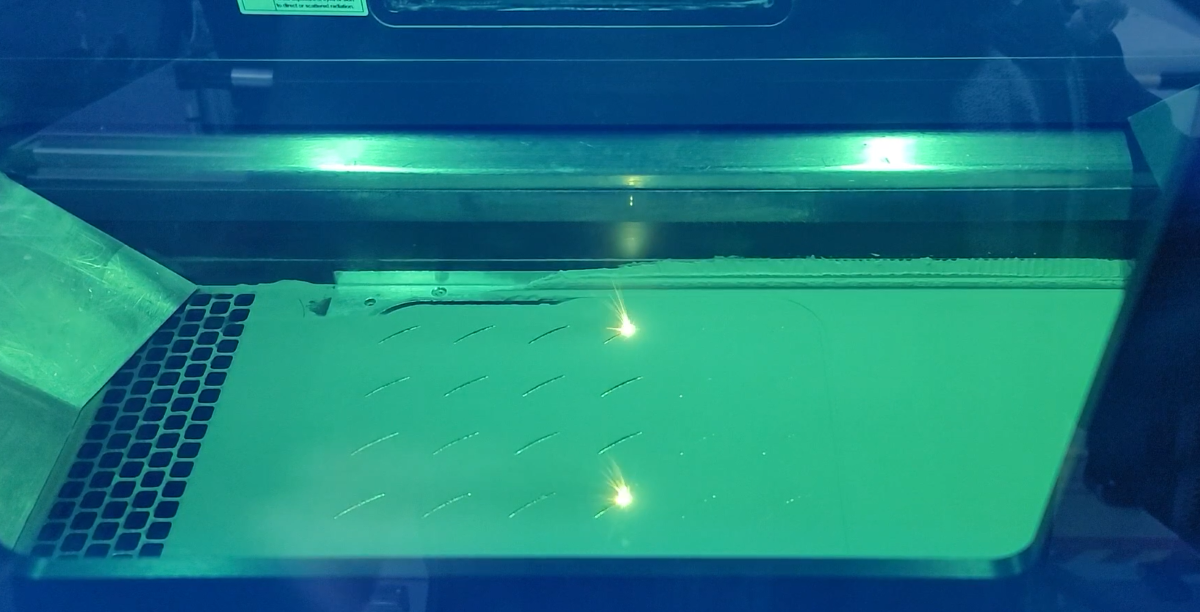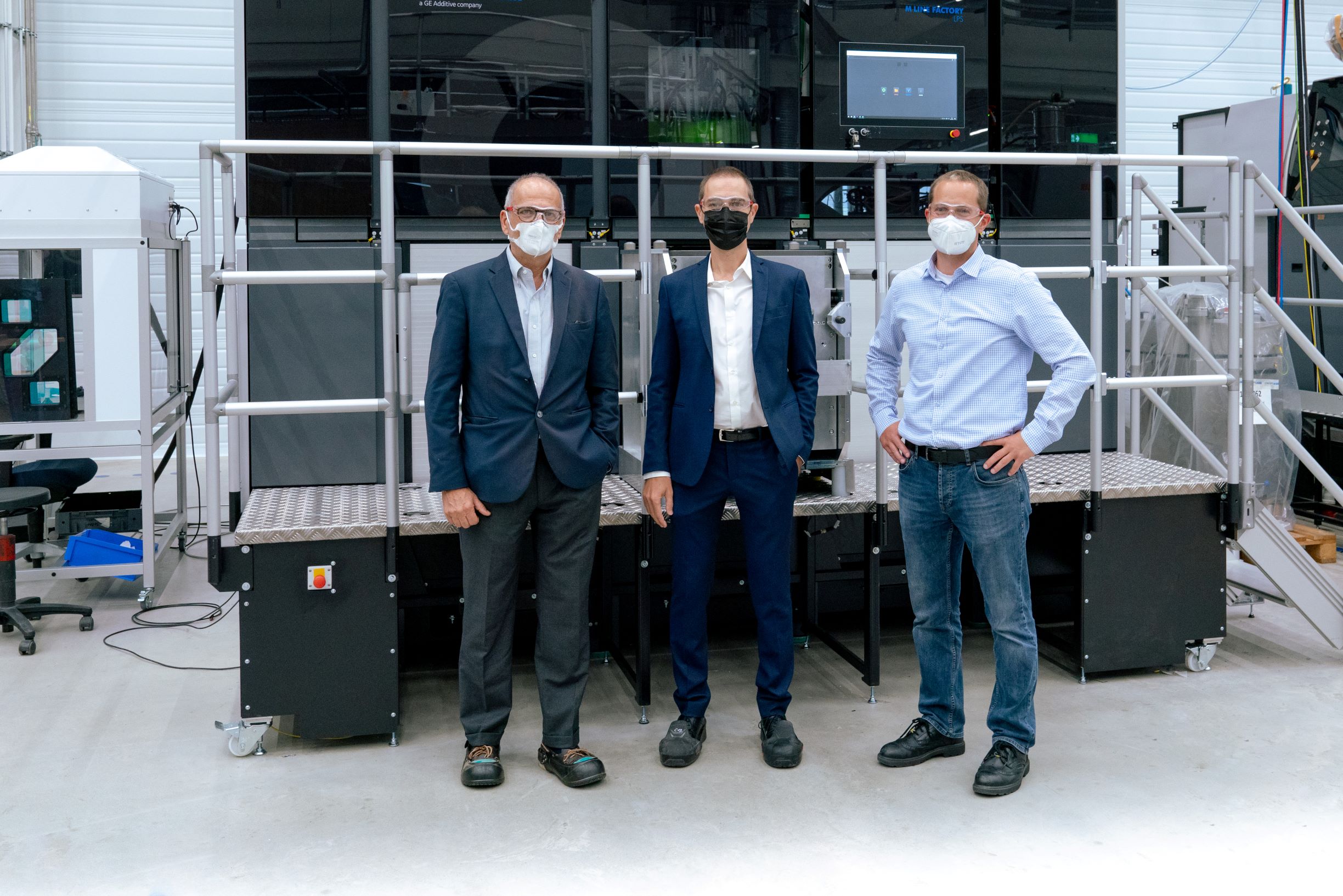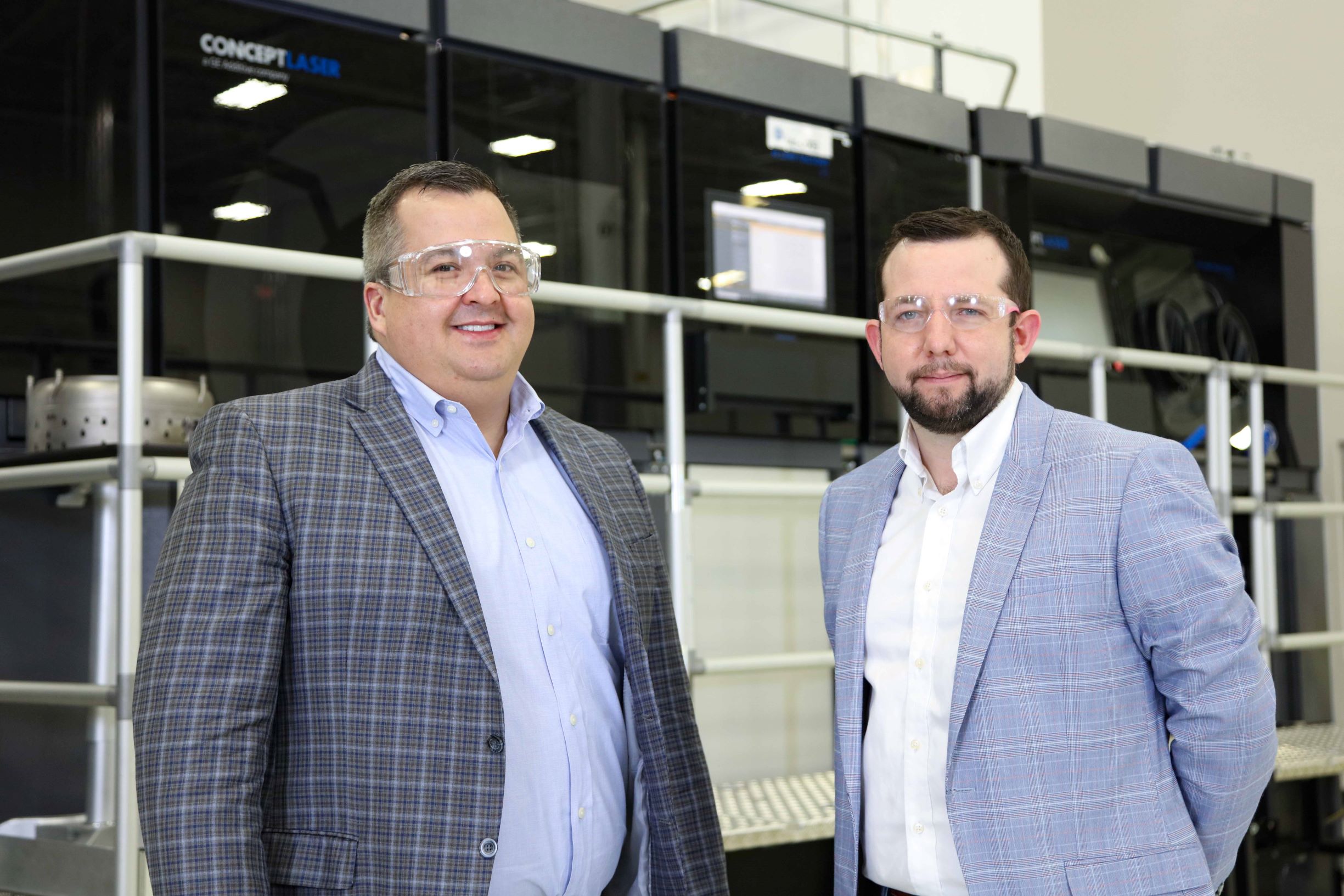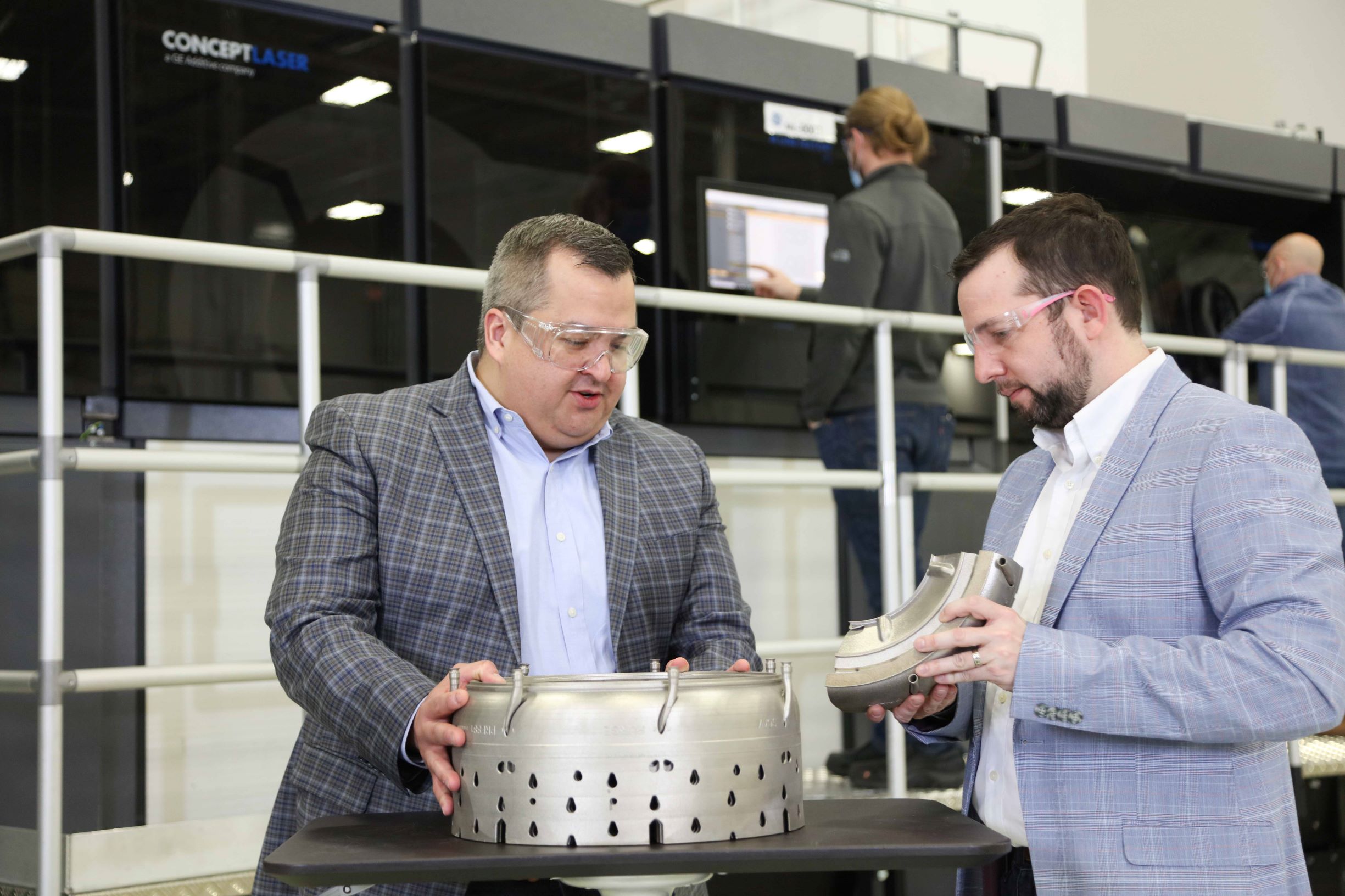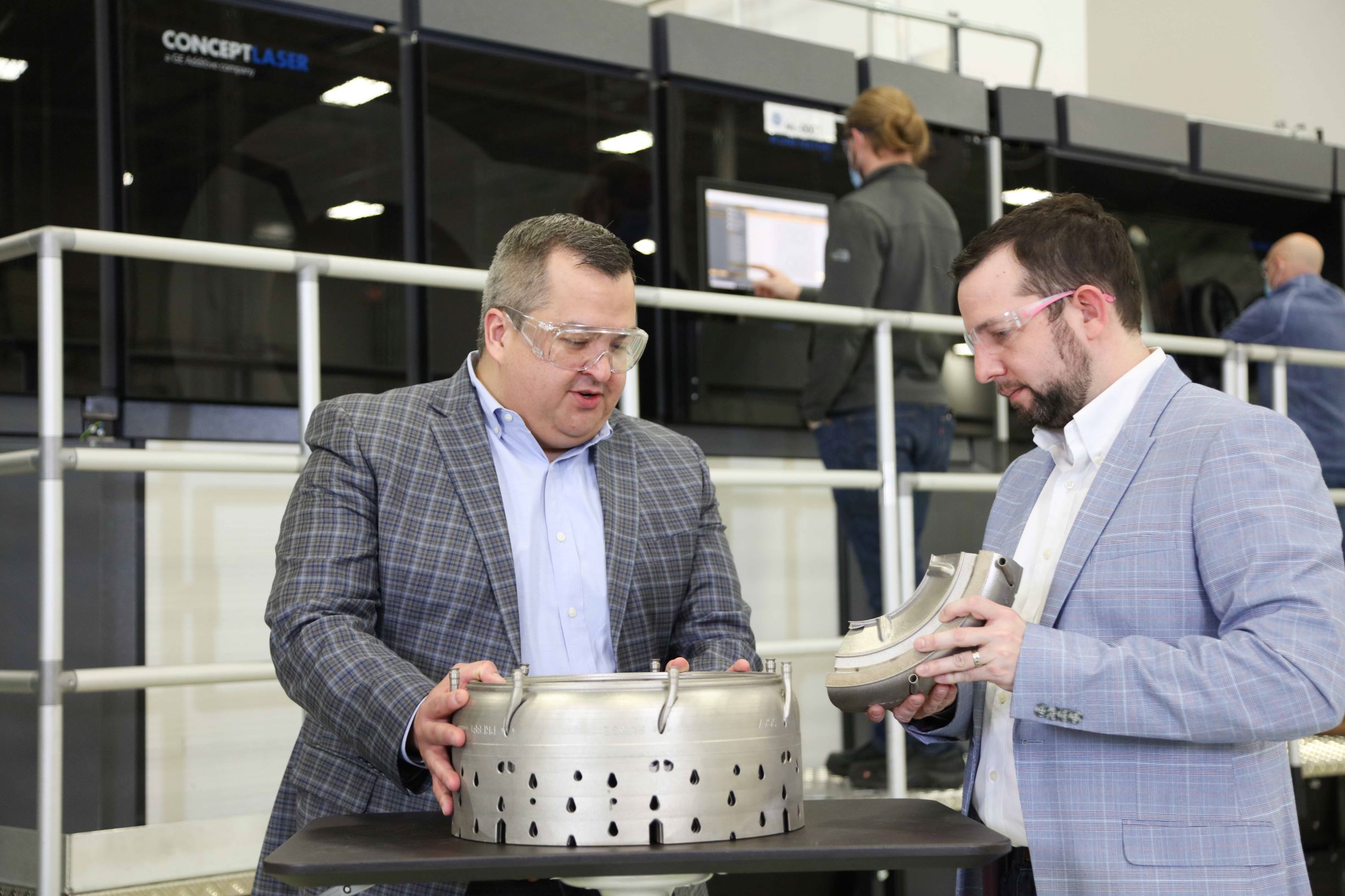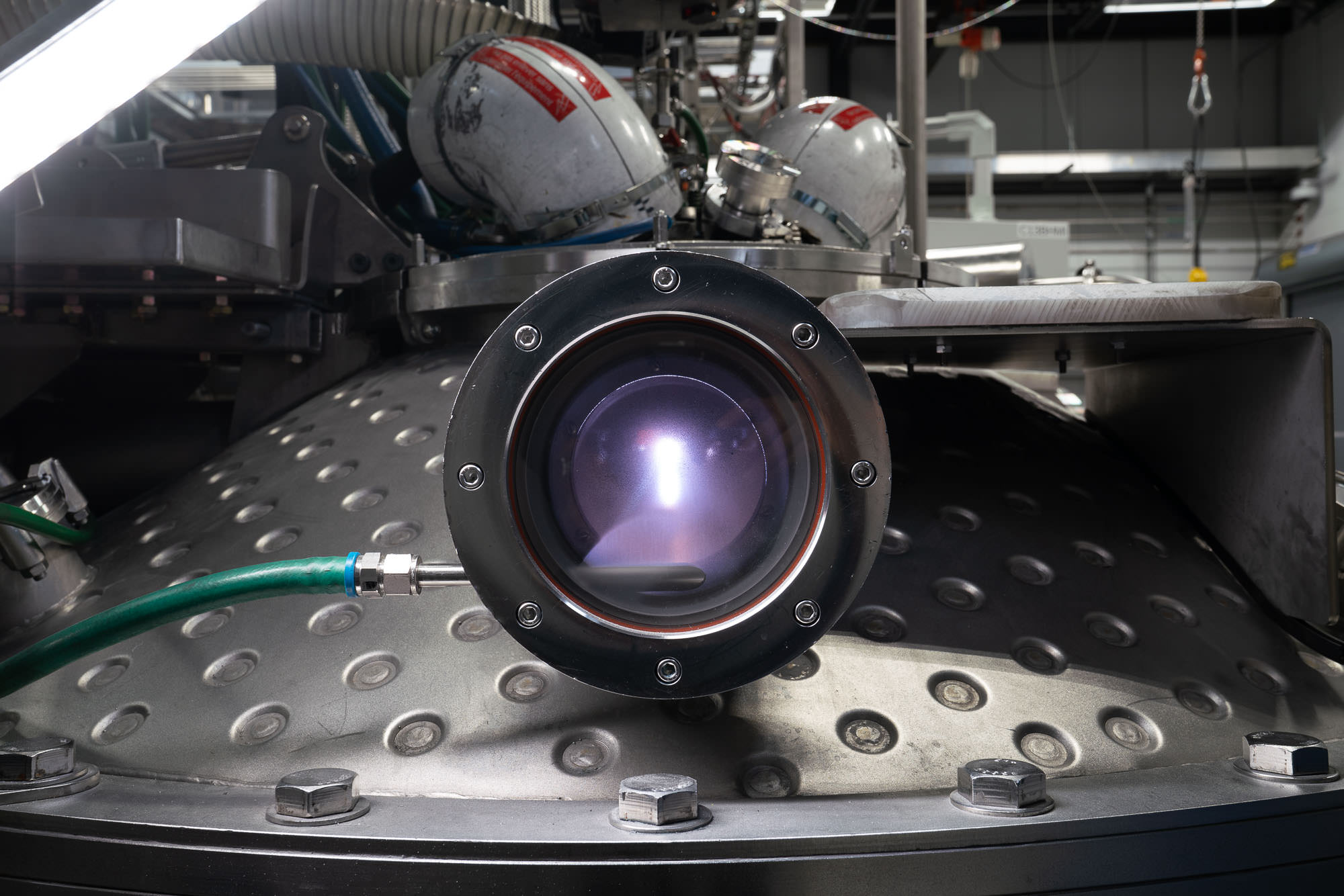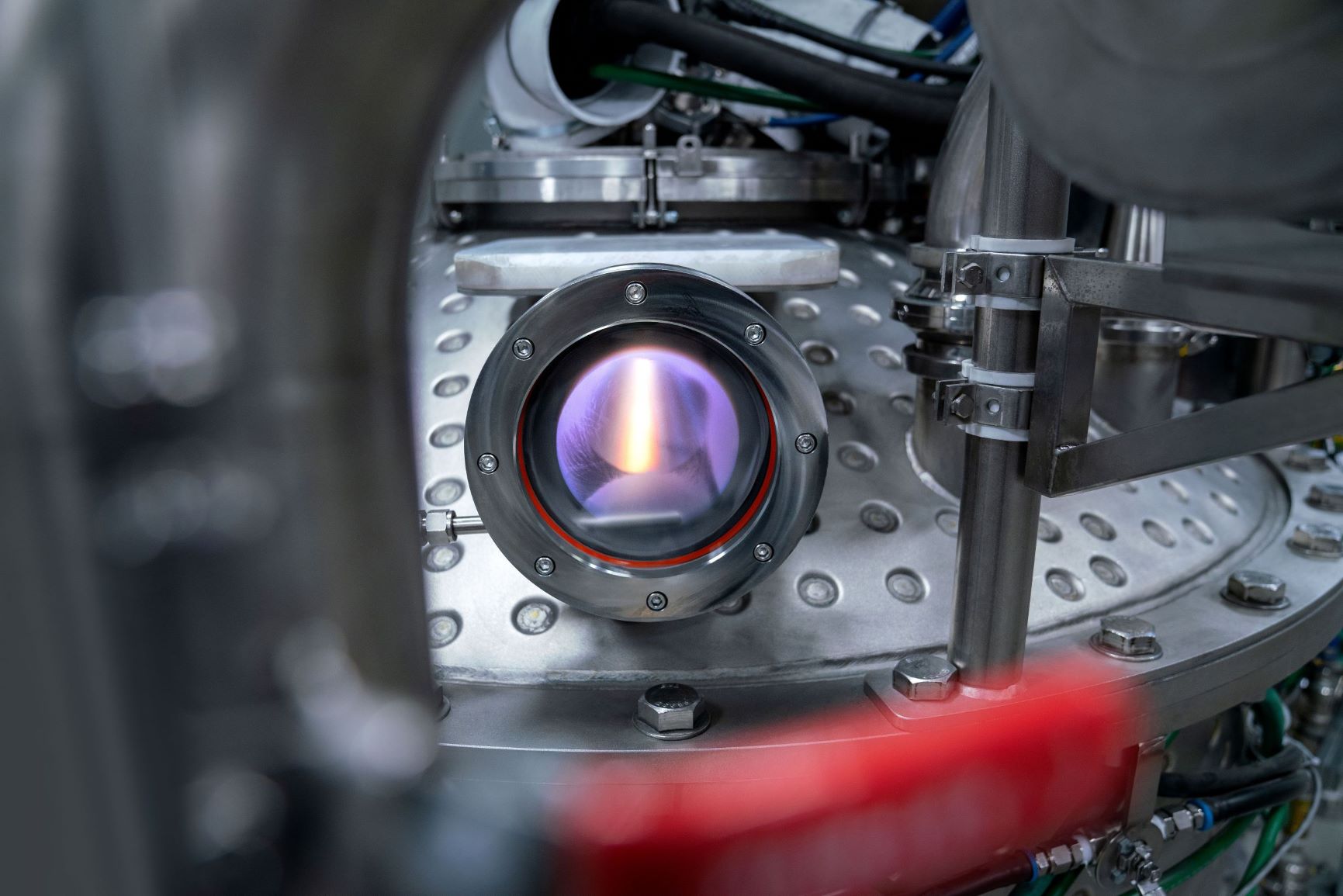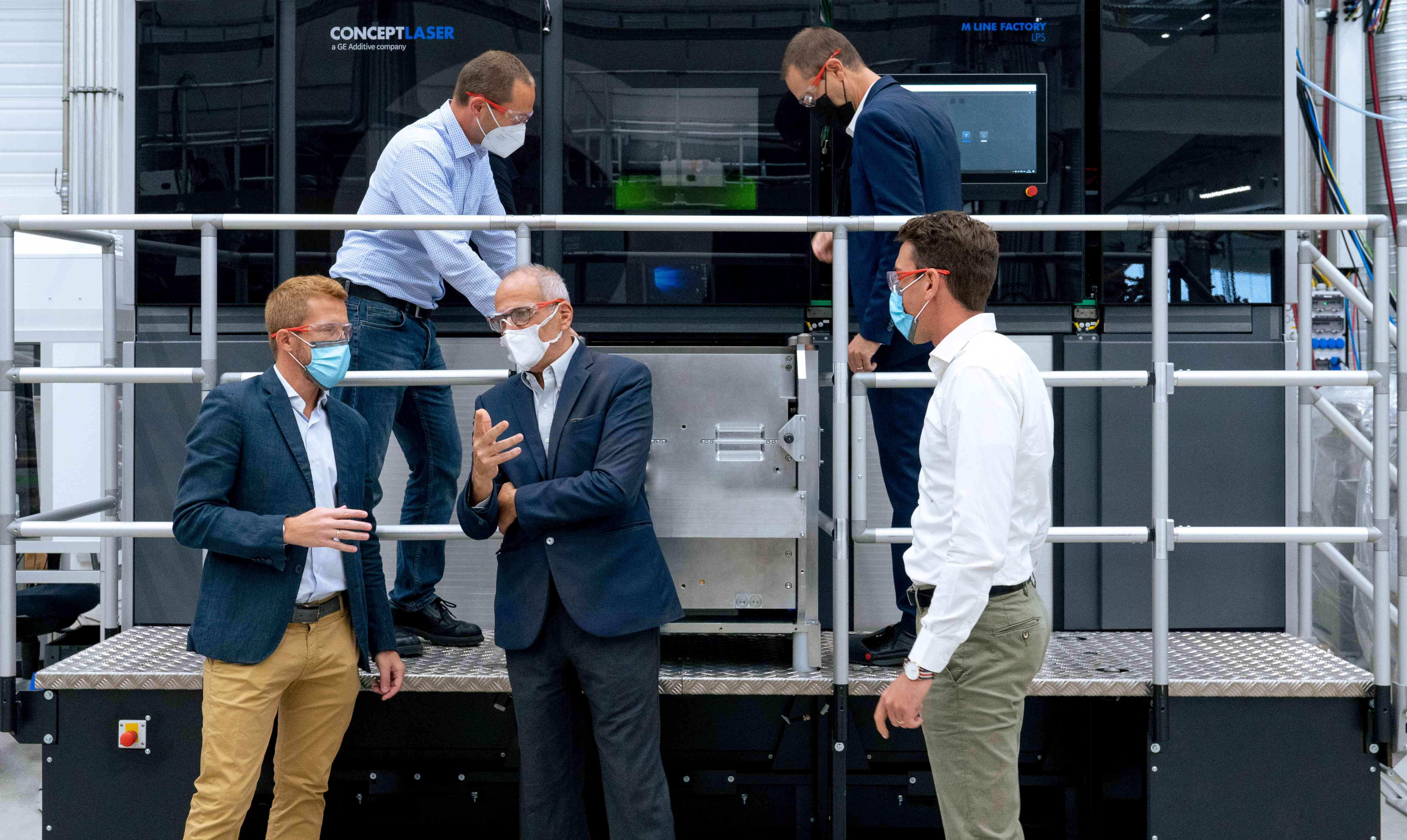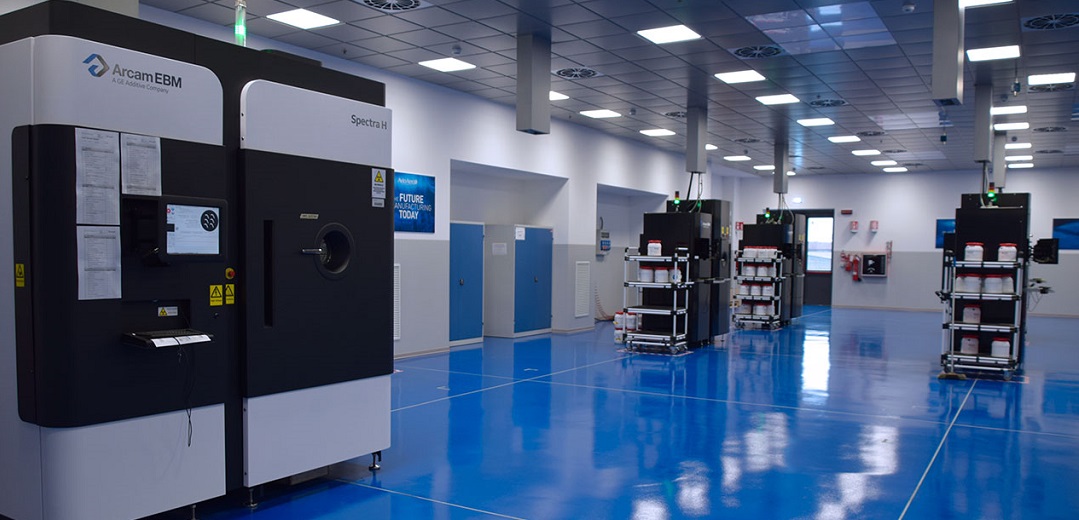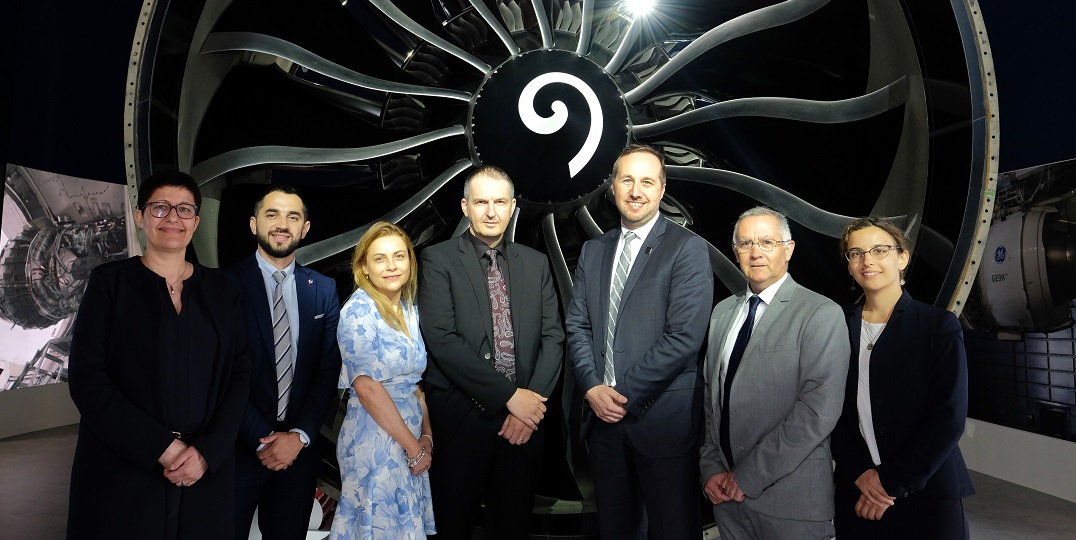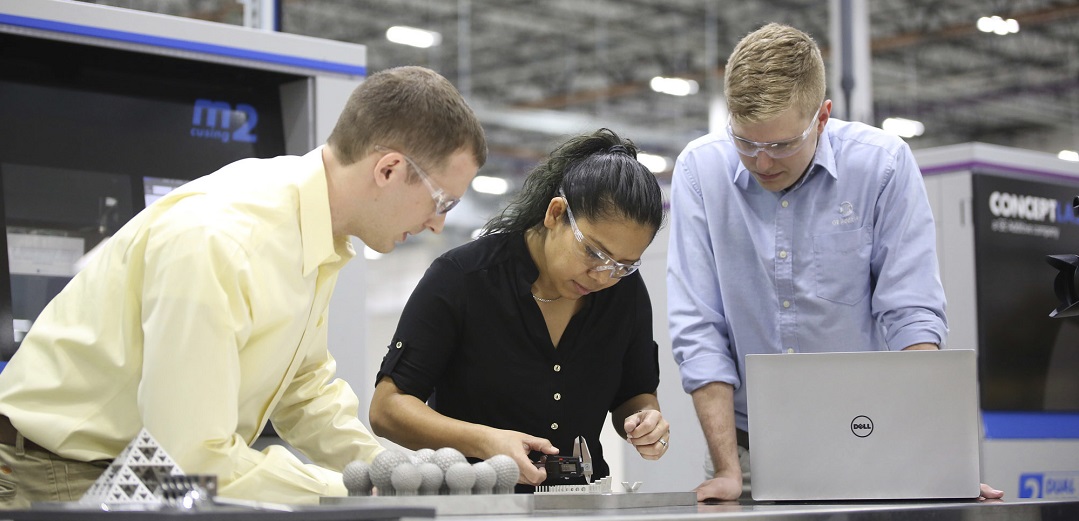GE Aviation Singapore first to offer metal additive for engine component repair
As metal additive technology continues to gain momentum in the design and industrial production of new aerospace components, GE Aviation’s Loyang facility is the first maintenance, repair and overhaul (MRO) facility worldwide that has been approved to use metal additive manufacturing for commercial jet engine component repairs.
As metal additive technology continues to gain momentum in the design and industrial production of new aerospace components, GE Aviation’s Loyang facility is the first maintenance, repair and overhaul (MRO) facility worldwide that has been approved to use metal additive manufacturing for commercial jet engine component repairs.
GE Aviation Engine Services Singapore (GE AESS) currently employs more than 1,700 employees in the city-state and accounts for more than 60 percent of GE Aviation’s global repair volume. GE Aviation continuously innovates in the MRO sector, and GE AESS recently announced that it is the first MRO facility in the world approved to perform metal additive repairs on jet engine components.
Customization, Complexity and Customer Value
3D-printed parts are typically printed using STL files generated from CAD drawings. However, this works only for new-make production where the goal is to produce identical parts conforming to the blueprint. When repairing used parts, however, the repair has to be customized for each individual part because each part wears differently during service.
Additive technology in repairs also offers the possibility of embracing complexity, rather than shying away from it. Chen Keng Nam, executive manufacturing leader at GE AESS in Singapore, has also been involved in the metal additive roll-out.
“This disruptive technology can be used for lots of applications, not only in aviation. When I see beyond the realm of repair into new-make, it’s mind-blowing to see the parts that we can design and print using additive. Now designers are making use of the ability to produce new designs that couldn't be imagined or manufactured before with traditional methods.”
Iain Rodger, managing director at GE AESS, also sees the potential for metal additive technology in MRO.
“In this part of the supply chain our customers truly value faster turn-around time, and that’s what we are achieving. Using our GE Additive Concept Laser M2 machines typically halves the amount of time it takes us to repair these aircraft parts.”
Rodger says his teams are already using additive technology to repair parts in GE Aviation’s CF6 engines, the most-reliable and best-selling commercial engine on wide-body aircraft. The next goal is to include parts on the CFM56, the best-selling engine in commercial aviation history.
One example is the repair of high-pressure compressor (HPC) blades that run at high speeds and tight clearances within aircraft engines. They face regular erosion and wear and tear that, over time, demand continuous repair and replacement. Repairing these blade tips used to require a long process of cutting, welding and grinding to create the proper shape.
GE Aviation has established an automated additive manufacturing process to repair the HPC blade tips, saving time and costs associated with labor and machining. The team created image-analysis software that maps the shape of a used blade and creates customized instructions for the Concept Laser M2 machine to build a new tip with precise alignment and profile.
The 3D-printed part is near-net shape and can be finished with minimal additional processing.
“Productivity has increased with our employees able to repair twice as many parts in a day compared to the conventional repair process. Less equipment is also needed for post-processing so the floor space required is reduced by one-third,” says Rodger.
“Further to that we are currently assessing what we are going to do in turbine parts and other components beyond compressors. Day-to-day, working with customers, they will know that there's a difference as they will be seeing their parts return to them more quickly.”
Beyond the much faster turn-around times possible with metal additive technology in aircraft part repairs, Rodger sees another significant win for GE Aviation, for customers and for the aviation industry more broadly.
“To me one of the significant advantages of additive is it’s sustainability. This is going to allow us to repair more parts and throw fewer parts into the bin, use less energy, generate less waste and have a smaller footprint. Repair capability is a big part of the sustainability journey. As the industry expands and new technology is developed, that will only increase.”
Collaborate to Innovate
As part of its national high-tech strategy, Singapore’s Economic Development Board supported the initial development trials and training for the introduction of metal additive technology for aviation maintenance into the country.
Shih Tung Ngiam, a senior engineering manager at GE Aviation, Engine Services in Singapore, was involved in the project from its inception. He acts as a bridge between the local team and the wider additive community across GE Aviation and GE Additive to industrialize the process.
“While teams at the GE Aviation Additive Technology Center in Cincinnati and GE Additive Lichtenfels in Germany worked on developing printing parameters for the Concept Laser M2 machine, our team here in Singapore focused on the modifications needed to make the process robust and production-friendly in a high-volume repair process,” states Ngiam.
The Singapore team designed tooling to prepare and print parts efficiently and fine-tuned the repair process, including printing, pre- and post-processing and inspection. Extensive trials and tests were conducted to ensure the quality and safety of the parts before the repair was substantiated.
In 2020 Ngiam and the team also designed a pilot production line, including an automated powder recycling system, to streamline the repair operation. The COVID-19 pandemic disrupted the approach for a while; however, by 2021 the team in Loyang was ready to go live on its full-scale production line.
“Additive gives us speed and productivity with less floor space required. We gave a lot of careful consideration to how best to integrate the M2s into the rest of the repair line. We completed an assessment of which parts of the repair we should leave alone, which ones could benefit from additive and what other changes we needed to make to the repair process for it to make sense,” says Ngiam.
The two big advantages that metal additive provides the site are speed and the near-net-shape product. This allows the team to increase productivity and reduce floor space required. The traditional methods for repairing HPC blades involves a lot of effort to weld the blade and then a lot of additional effort to remove the excess material. By using the Concept Laser M2 metal 3D printers, the repaired blade is very close to the final shape when it comes out of the machine, so it takes much less labor and equipment to achieve the finished profile.
Given the critical nature of aerospace components, extensive analysis and testing are required before any repair can be approved, even more so when new technologies such as additive manufacturing are involved. GE AESS worked closely with GE Aviation Engineering to produce parts for testing and to establish a robust quality-assurance process before the process could be approved. As the aerospace industry becomes more familiar with additive, the approval process can be streamlined.
From Left to Right; Lisa Tan, lead scientist at GE Aviation Engine Services Singapore, Singapore Minister for Trade and Industry, Gan Kim Yong and Singapore Economic Development Board (EDB), Executive Vice President, Tan Kong Hwee. Image credit: GE Aviation
Attracting Additive Talent
Back on the ground, as GE AESS starts to scale metal additive technology for aircraft part repairs, a real consideration is the talent that will be needed to implement ambitions.
“Singapore’s universities and polytechnics are training a healthy number of students in additive manufacturing, but the pool of experienced graduates is still quite small.
As the industry matures and these graduates gain experience, we expect that Singapore’s pool of additive talent will grow accordingly,” reflects Chen Keng Nam.
And this feeds into a blueprint for the future, where additive manufacturing is a mainstay of the aircraft repair supply chain.
“The great dream of additive is to print spare parts on demand without even needing to have an inventory. It’s true that it’s a few years away, but it will happen. But we must also recognize that change can take time, especially in our highly regulated industry, and we have to make efforts to prove that our new methods are as good, if not better, than what has gone before,” concludes Shih Tung Ngiam.
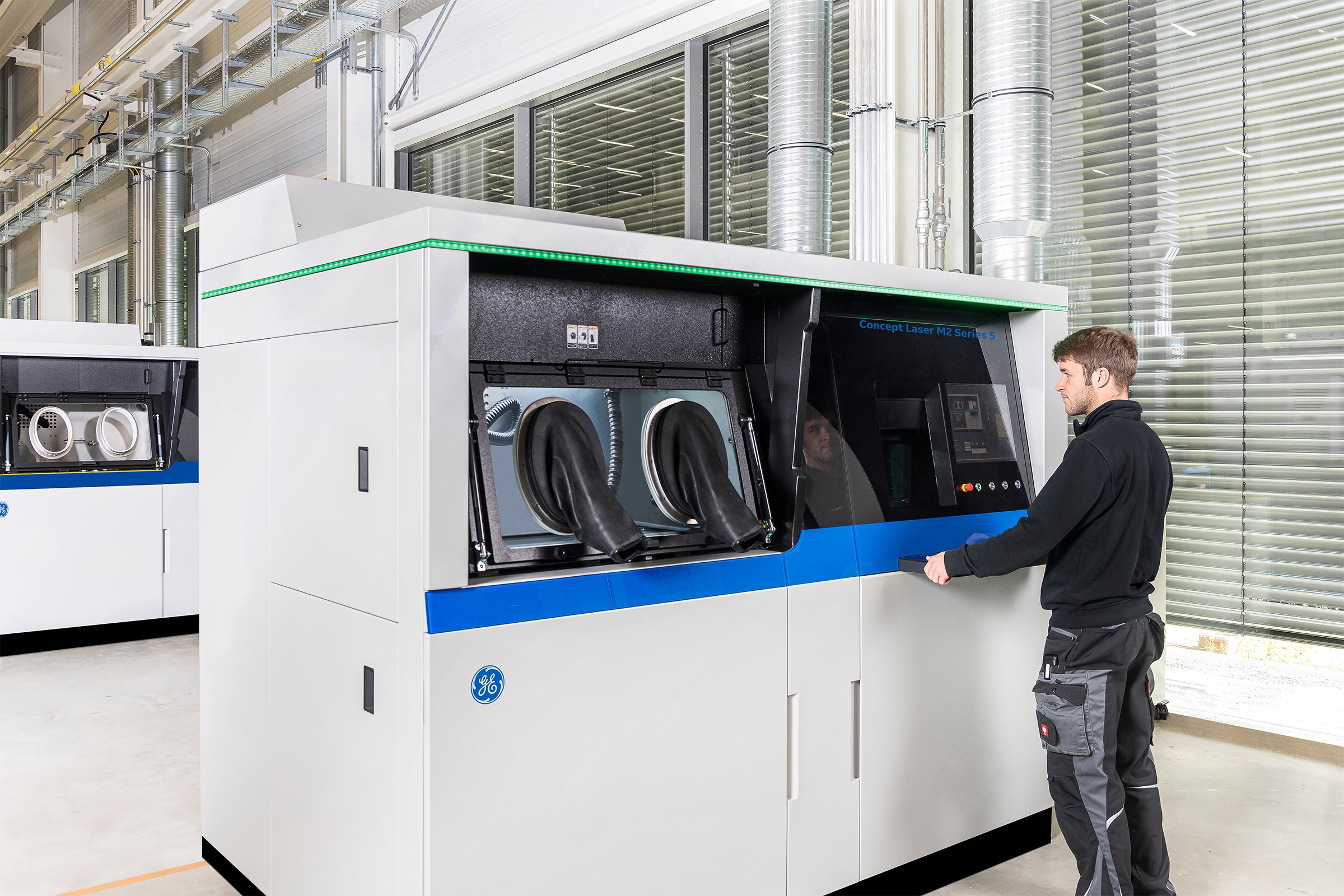
GE Additive's Concept Laser M2 Series 5, perfectly suited the demands of highly-regulated aerospace industry. Image credit: GE Additive
